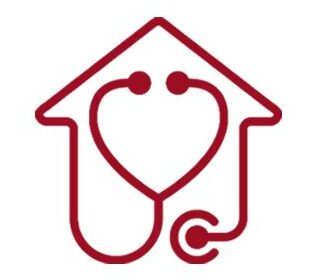Here are several common diseases and their respective identification methods:
- Diabetes:
- Identification Method: Blood glucose test or Hemoglobin A1c test to measure blood sugar levels.
- Hypertension (High Blood Pressure):
- Identification Method: Blood pressure measurement using a sphygmomanometer or automatic blood pressure monitor.
- Hyperlipidemia (High Cholesterol):
- Identification Method: Lipid panel blood test to measure cholesterol levels (total cholesterol, HDL, LDL, triglycerides).
- Anemia:
- Identification Method: Complete Blood Count (CBC) to assess levels of red blood cells, hemoglobin, and hematocrit.
- Thyroid Disorders (Hypothyroidism/Hyperthyroidism):
- Identification Method: Thyroid function tests, including TSH, T3, and T4 levels measurement.
- Celiac Disease:
- Identification Method: Blood tests to measure levels of certain antibodies (anti-tissue transglutaminase, anti-endomysial antibodies) associated with celiac disease. Confirmation may require a small intestine biopsy.
- Hepatitis:
- Identification Method: Liver function tests (LFTs) to assess levels of liver enzymes (ALT, AST, ALP), as well as specific tests for hepatitis viruses (e.g., hepatitis B surface antigen, hepatitis C antibodies).
- Osteoporosis:
- Identification Method: Bone mineral density (BMD) test, typically performed using dual-energy X-ray absorptiometry (DXA) scan.
- Cancer:
- Identification Method: Various diagnostic tests, including imaging scans (X-ray, MRI, CT scan), biopsies, blood tests (tumor markers), and screening tests (e.g., mammography for breast cancer, colonoscopy for colorectal cancer).
- HIV/AIDS:
- Identification Method: HIV antibody test (e.g., ELISA or rapid HIV test) to detect HIV infection. Confirmation may require additional tests, such as Western blot or PCR tests.
- Rheumatoid Arthritis:
- Identification Method: Blood tests to detect rheumatoid factor (RF) and anti-cyclic citrullinated peptide (anti-CCP) antibodies, as well as imaging tests (X-ray, MRI, ultrasound) to assess joint damage.
- Chronic Kidney Disease:
- Identification Method: Kidney function tests, including serum creatinine, blood urea nitrogen (BUN), and estimated glomerular filtration rate (eGFR).
- Obstructive Sleep Apnea:
- Identification Method: Sleep study (polysomnography) to monitor breathing patterns, oxygen levels, and other parameters during sleep.
- Gastroesophageal Reflux Disease (GERD):
- Identification Method: Based on symptoms such as heartburn and acid reflux, confirmed through tests like esophageal pH monitoring, endoscopy, or barium swallow study.
Early detection and diagnosis of these diseases are crucial for effective treatment and management. Consultation with a healthcare provider is necessary for proper evaluation and testing based on individual symptoms and risk factors.
